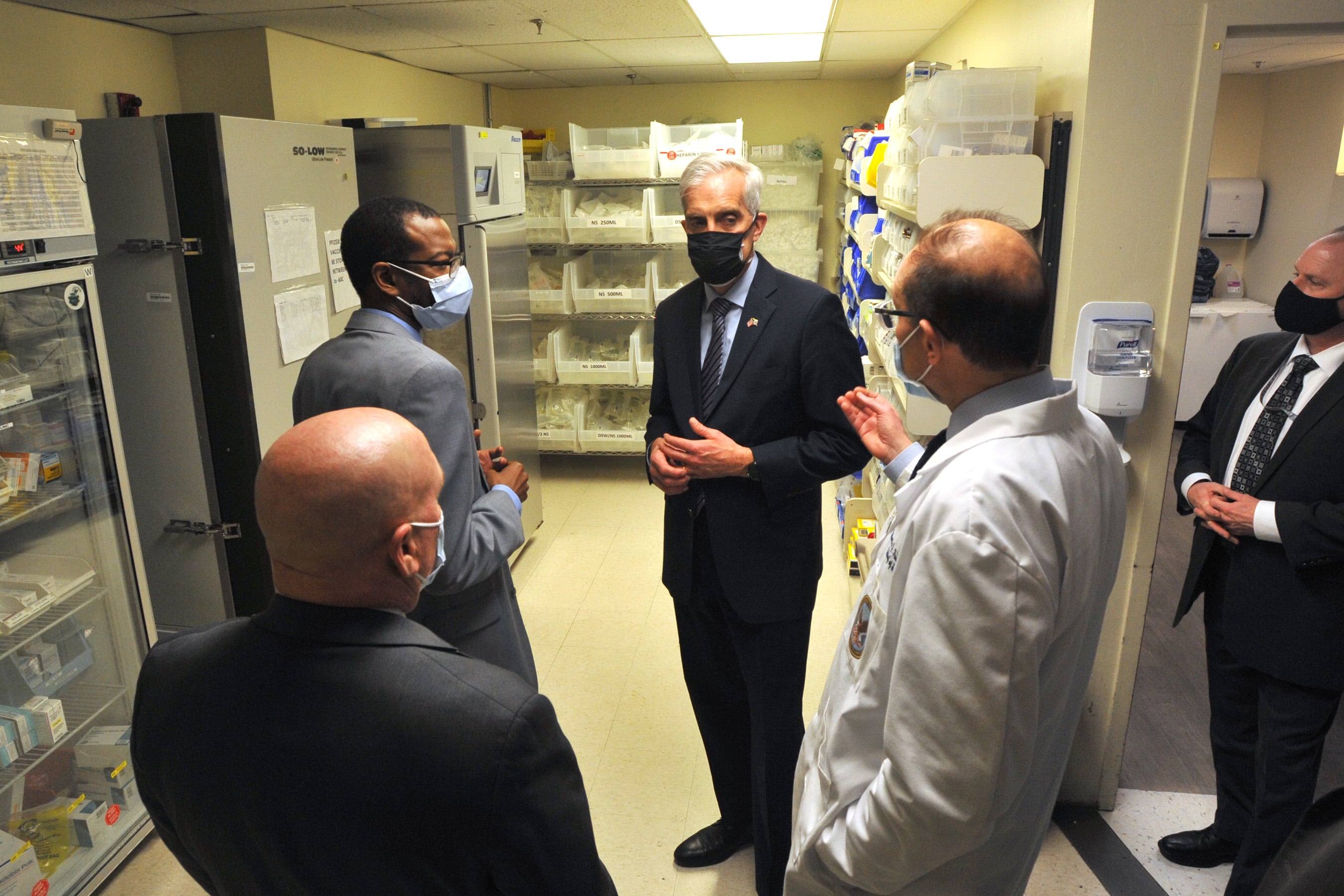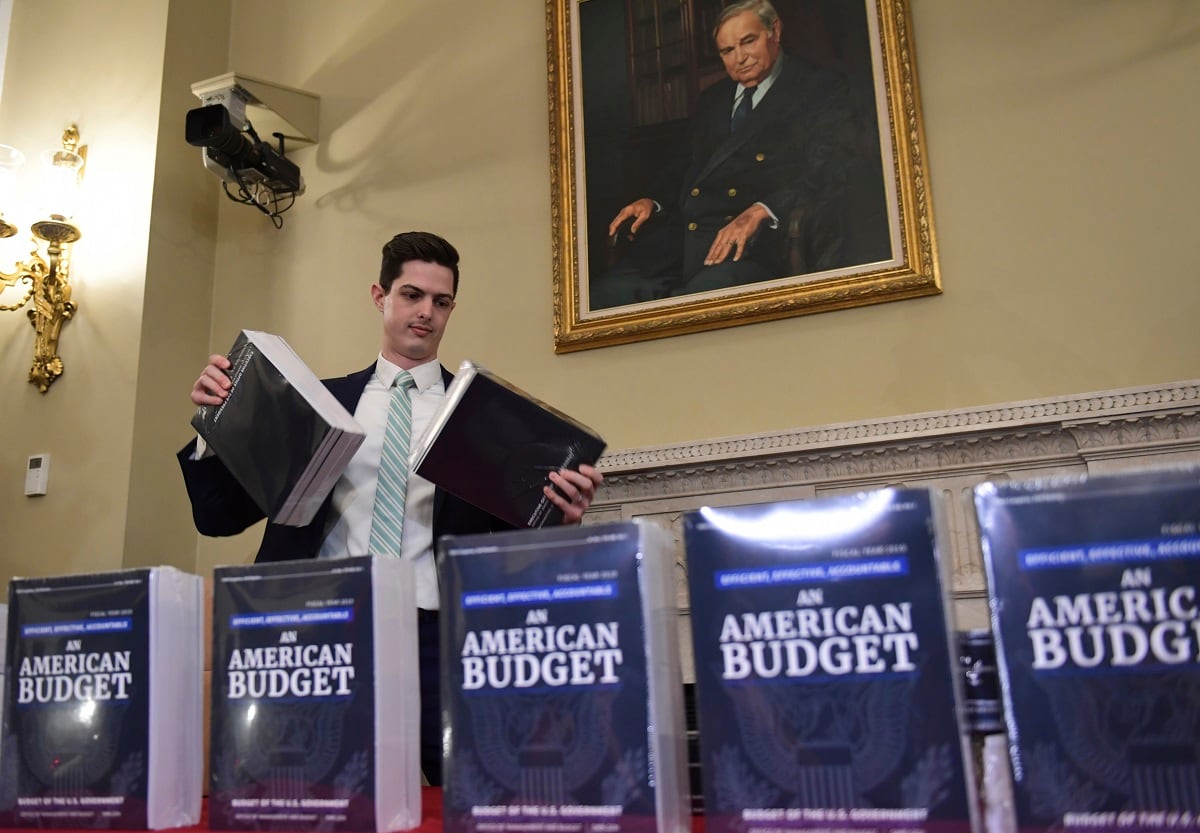Veterans advocates are pushing for another hefty increase in the Veterans Affairs budget next fiscal year, saying the funding is needed to keep pace with increased medical care demands and complete long-overdue upgrades to department facilities.
On Thursday officials from Disabled American Veterans, Paralyzed Veterans of America and the Veterans of Foreign Wars of the United States released their annual Independent Budget report, arguing for continued investment into VA programs and priorities in the years ahead.
The move comes as Congress is still struggling to finalize its fiscal 2024 budget for VA operations, even though the new fiscal year started nearly five months ago. VA officials have been continuing services through a mix of short-term budget extensions approved by Congress and advanced appropriations approved in late 2022.
Advocates noted in their budget pitch that returning to stable annual funding for the department — and other federal agencies — must be lawmakers’ top priority in the months ahead.
RELATED

“Continuing disagreements over federal government funding levels have resulted in ongoing concerns about whether VA will be able to meet the needs of veterans, their families, and survivors,” the report stated.
“The use of continuing resolutions have hampered VA’s ability to meet increased demand for care and benefits. Although advance appropriations ensure VA can provide uninterrupted medical services and benefits, the threat of lapses in funding causes uncertainty and anxiety for veterans and complicates VA’s ability to focus on its core mission.”
The White House’s fiscal 2024 budget request for discretionary programs — services and initiatives are separate from mandatory payouts like veterans benefits — totaled nearly $138 billion, a record for the department. The Independent Budget report calls for that to increase about 10% in fiscal 2025, to more than $150 billion.
Much of that would be focused on medical care. Group officials estimate as many as 130,000 patients could enroll in VA health care next fiscal year, thanks to legislation — like the PACT Act — passed in recent years.
The report notes that while department officials have made medical staff hiring a priority in recent years, “the Veterans Health Administration is still facing shortages of mental health care professionals across the country” and “fell short of its targets for Licensed Practical Nurses and Certified Nursing Assistants.” Fixing that will require more funding boosts.
The advocates also project increases in dental care use among enrolled patients and long-term care expenses among aging veterans. The Independent Budget calls for an increase of $150 million in suicide prevention programs and $160 million in women veterans health care to help advance those priorities.
VA has seen steady funding growth for more than two decades, even at times when other federal agencies have been forced to make cuts.
In 2001, the entire VA budget — including both discretionary program spending and mandatory benefits payouts — amounted to about $45 billion. By 2013, the budget totaled $139 billion, still less than half of this year’s request. In fiscal 2023, the department’s total budget topped $300 billion for the first time.
Biden is expected to release his fiscal 2025 budget request on March 11. But Congress has several other budget deadlines to worry about before that.
The latest short-term funding extension for federal agencies is set to run out for a handful of departments on March 1 and for all government operations on March 8. If lawmakers can’t reach a new deal by then, the impasse would trigger a shutdown of most federal operations and services.
Leo covers Congress, Veterans Affairs and the White House for Military Times. He has covered Washington, D.C. since 2004, focusing on military personnel and veterans policies. His work has earned numerous honors, including a 2009 Polk award, a 2010 National Headliner Award, the IAVA Leadership in Journalism award and the VFW News Media award.




